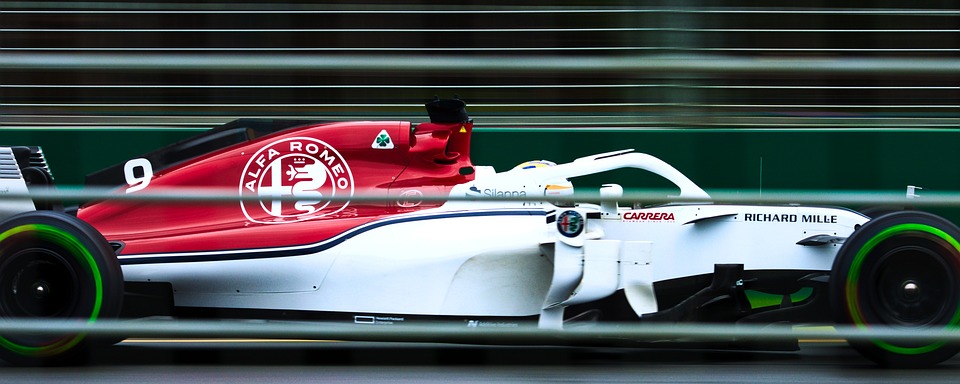The Future of the Grand Prix Award: Trends and Predictions
In the world of motorsports, the Grand Prix award is one of the most prestigious honors a driver can achieve. With a rich history dating back to the early 20th century, the Grand Prix has been a symbol of excellence and skill in the world of racing. However, as the sport continues to evolve and adapt to new technologies and trends, the future of the Grand Prix award is also changing. In this article, we will explore some of the emerging trends and make predictions about what the future holds for this coveted award.
Electric Era
One of the most significant trends shaping the future of the Grand Prix award is the rise of electric racing. With concerns about climate change and the environmental impact of traditional racing, many major motorsport series are making the switch to electric vehicles. This shift towards electrification is likely to have a major impact on the Grand Prix award, as electric cars require different skills and strategies to race effectively.
In the coming years, we can expect to see more electric races being included in the Grand Prix series, with drivers competing in both traditional combustion engine cars and electric vehicles. This will create a new set of challenges for drivers and teams, as they will need to adapt to the unique characteristics of electric racing. The Grand Prix award may also evolve to recognize achievements in electric racing, with new categories and criteria being introduced to assess driver performance in this emerging field.
Virtual Racing
Another trend that is likely to shape the future of the Grand Prix award is the rise of virtual racing. With the popularity of esports and online gaming growing rapidly, many motorsport organizations are beginning to incorporate virtual racing into their events. Virtual races allow fans to compete against each other in simulated versions of real-world tracks, creating a new and exciting way to engage with the sport.
As virtual racing becomes more mainstream, we can expect to see the Grand Prix award recognizing achievements in this field as well. Drivers who excel in virtual racing may be eligible for special awards or recognition, in addition to their accomplishments on the physical track. This trend is likely to attract a new generation of fans to the sport, as virtual racing offers a more accessible and interactive way to experience the thrill of motorsports.
Enhanced Safety Measures
In recent years, there has been a growing emphasis on safety in motorsports, with organizations implementing new technologies and regulations to protect drivers and spectators. As this trend continues, we can expect to see the Grand Prix award placing a greater emphasis on safety performance. Drivers who demonstrate exceptional safety awareness and skill on the track may be recognized with special awards or accolades, highlighting the importance of responsible driving in the sport.
In addition to individual safety achievements, the Grand Prix award may also begin to recognize teams and organizations that prioritize safety in their operations. This could include awards for innovations in safety technology, as well as protocols for emergency response and driver protection. By promoting a culture of safety in motorsports, the Grand Prix award can help ensure that the sport remains enjoyable and sustainable for future generations.
Innovation in Technology
As technology continues to advance, we can expect to see new innovations and developments shaping the future of the Grand Prix award. From advanced data analytics to augmented reality, cutting-edge technologies are revolutionizing the way that drivers and teams approach racing. In the coming years, the Grand Prix award may begin to recognize achievements in technology and innovation, honoring drivers and teams that push the boundaries of what is possible in motorsports.
One area of technology that is likely to have a major impact on the Grand Prix award is autonomous driving. With the rise of self-driving cars and artificial intelligence, we may see a future where autonomous vehicles compete alongside human drivers in the Grand Prix series. This will create new challenges and opportunities for racing, as teams use algorithms and machine learning to optimize their performance on the track. The Grand Prix award may begin to recognize achievements in autonomous racing, with special categories and criteria for assessing the capabilities of self-driving vehicles.
In conclusion, the future of the Grand Prix award is set to be a dynamic and exciting one, as emerging trends in electric racing, virtual racing, safety, and technology shape the landscape of motorsports. By adapting to these trends and embracing innovation, the Grand Prix award can continue to uphold its status as one of the most prestigious honors in the world of racing. As we look ahead to the next generation of drivers and vehicles, it is clear that the Grand Prix award will play a vital role in celebrating excellence and pushing the boundaries of what is possible in motorsports.



